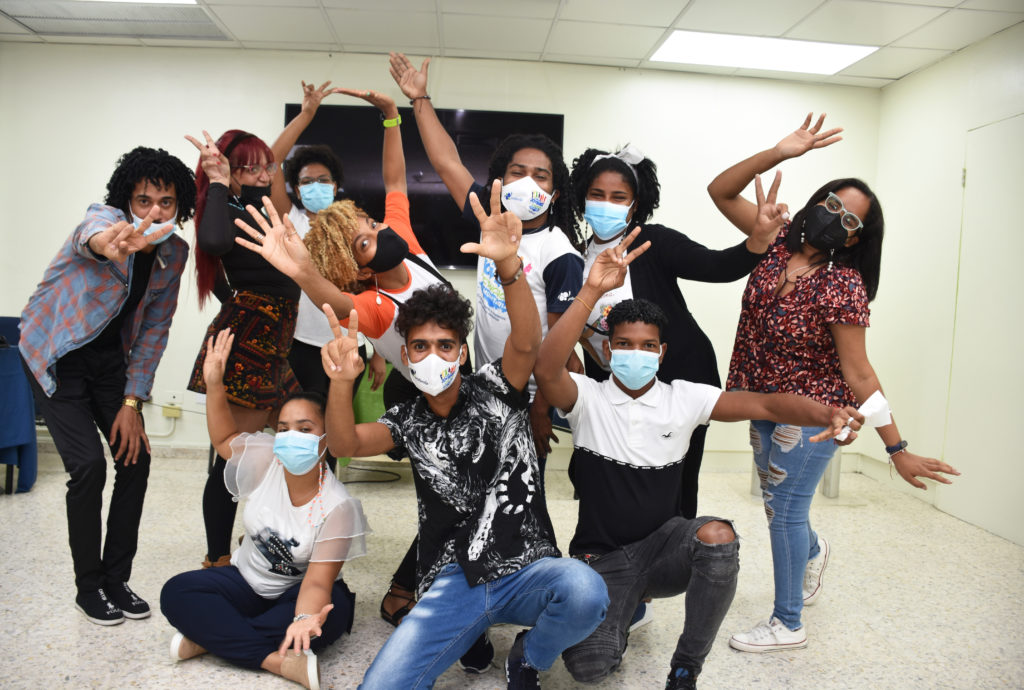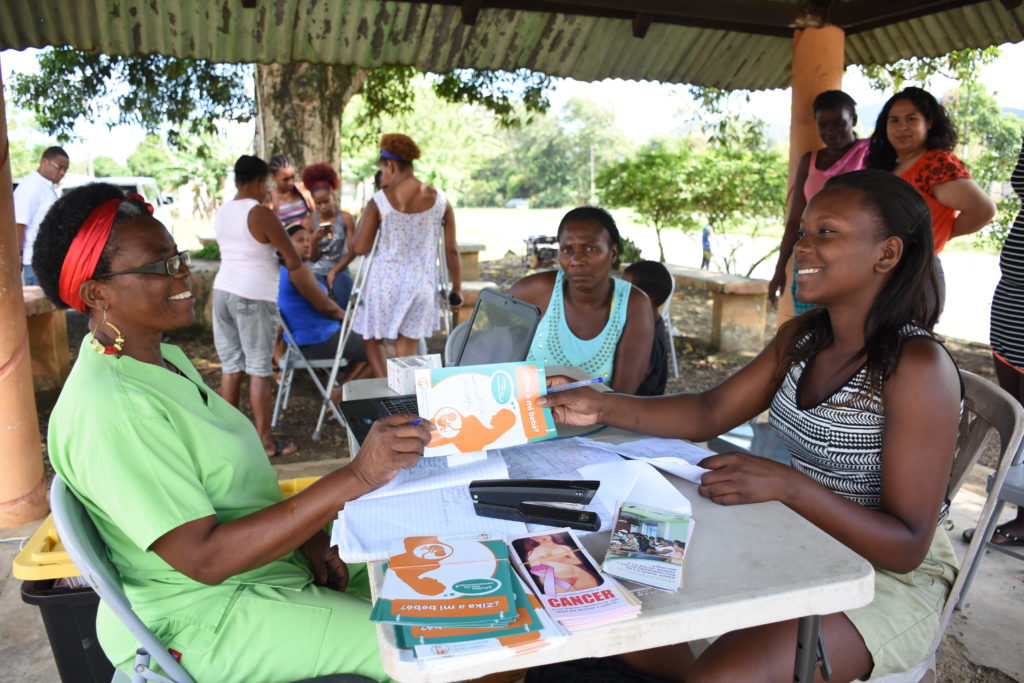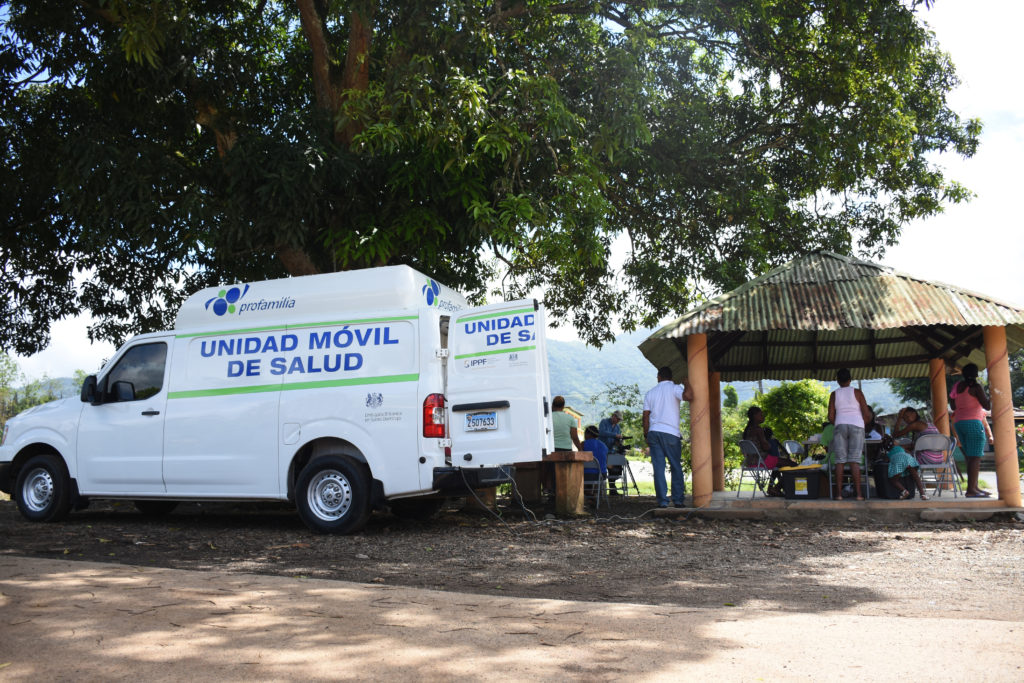About Us
WHO WE ARE
We are a non-governmental organization founded in 1966, specialized in satisfying the sexual and reproductive health (SRH) needs of the population with an emphasis on women and young people, promoting their sexual and reproductive rights (SRHR) through the offer of services, political incidence, information, education, communication and distribution of contraceptive and health products. We offer a wide range of comprehensive SRH services including the access to contraceptive services, HIV, STI screening and treatment, early diagnosis of breast, neck and prostate cancer, and provide care for women and girls who are survivors of gender-based violence, among others, through a network of 7 clinics and two mobile units that operate in different provinces and marginalized communities throughout the country. We also offer low-cost infertility services to women with childbearing impairments. We guarantee the access to SRH services and sexual and reproductive health education for poor populations and vulnerable groups such as adolescents and youth, women victims of gender violence, people living with HIV (PLWH), people with disabilities, survivors of trafficking and young people in conflict with the law, among others, with care based on rights and high quality standards, ensuring credibility in our users and timeliness in the delivery.

WHAT WE DO?
Youth and Community Education Program
We also implement a successful program with young people and community education that includes comprehensive sexuality education (CSE) using a peer education strategy, development of youth and women’s leadership and promotion of the access to health services.
Contraception
Over the last three years, Profamilia delivered an average of 2,178,994 SRH services including 164,091 contraceptive services, 151,637 PAP services, 17,059 mammography services, 34,482 sonomammography services, 178,988 cases of GBV and domestic violence detection and 366,475 STI/HIV services. In addition, Profamilia provided free care to 25,785 people living in extreme poverty and serviced 129,729 adolescents and youth with ages between 10 and 24 years. To contribute to the prevention of unwanted pregnancies and financial sustainability of the institution, Profamilia has a program for the sale and distribution of low-cost contraceptives and health products with an annual distribution of more than one million eight hundred thousand units of contraceptives.
Advocacy, political incidence, and social justice
Through advocacy, information, education and communication actions, Profamilia promotes changes in legislation, policies and programs related to SRHR and women's rights and create awareness so that people know and advocate for their rights. From its Gender and Rights program and in coordination with the women's movement and civil society, Profamilia advocates for comprehensive sexuality education, prevention of child marriage and unwanted pregnancies in adolescents, respect for diversity, prevention and care of violence against women and girls, access to friendly sexual and reproductive health services for adolescents and young people, the decriminalization of abortion based on three grounds, among other rights. Similarly, advocacy actions are carried out with local governments so that the Municipal Development Plans -MDP- include guarantees of sexual and reproductive health rights.
Biomedical research
This administration has participated in numerous studies of new contraceptive technology. In the 1970s, the initial studies were conducted that led to the levonorgestrel contraceptive implants (Norplant), as well as the second generation of contraceptive implants, Jadelle. Also, studies were conducted with different intrauterine devices, including the Copper T 380A and the levonorgestrel intrauterine system, Mirena. These studies confirmed the excellent contraceptive efficacy and safety of these methods, called long-acting reversible contraceptive methods, which do not require daily action by the user, reduce the rate of unplanned pregnancies, thus contributing to decrease the number of abortions. Profamilia has an institutional Ethics Committee that reviews all research protocols before their implementation. In addition, all protocols are also submitted for the approval of the Consejo Nacional de Bioética en Salud (CONABIOS) of the Ministry of Public Health of the Dominican Republic.
Finances
Profamilia has a highly efficient financial-administrative system, reliable automated information systems including Electronic Medical Records, monitoring and performance evaluation systems, and a qualified team of committed collaborators who are high-skilled in various areas. In addition, its institutional operation is based on the use of documented policies and procedures and evidence-based decisions.
WHERE DO WE WORK
- Our clinics operate in vulnerable communities, with a high poverty and teen pregnancy indexes.
- Our clinics are located in Santo Domingo, Santiago, San Cristóbal and San Francisco de Macorís.

